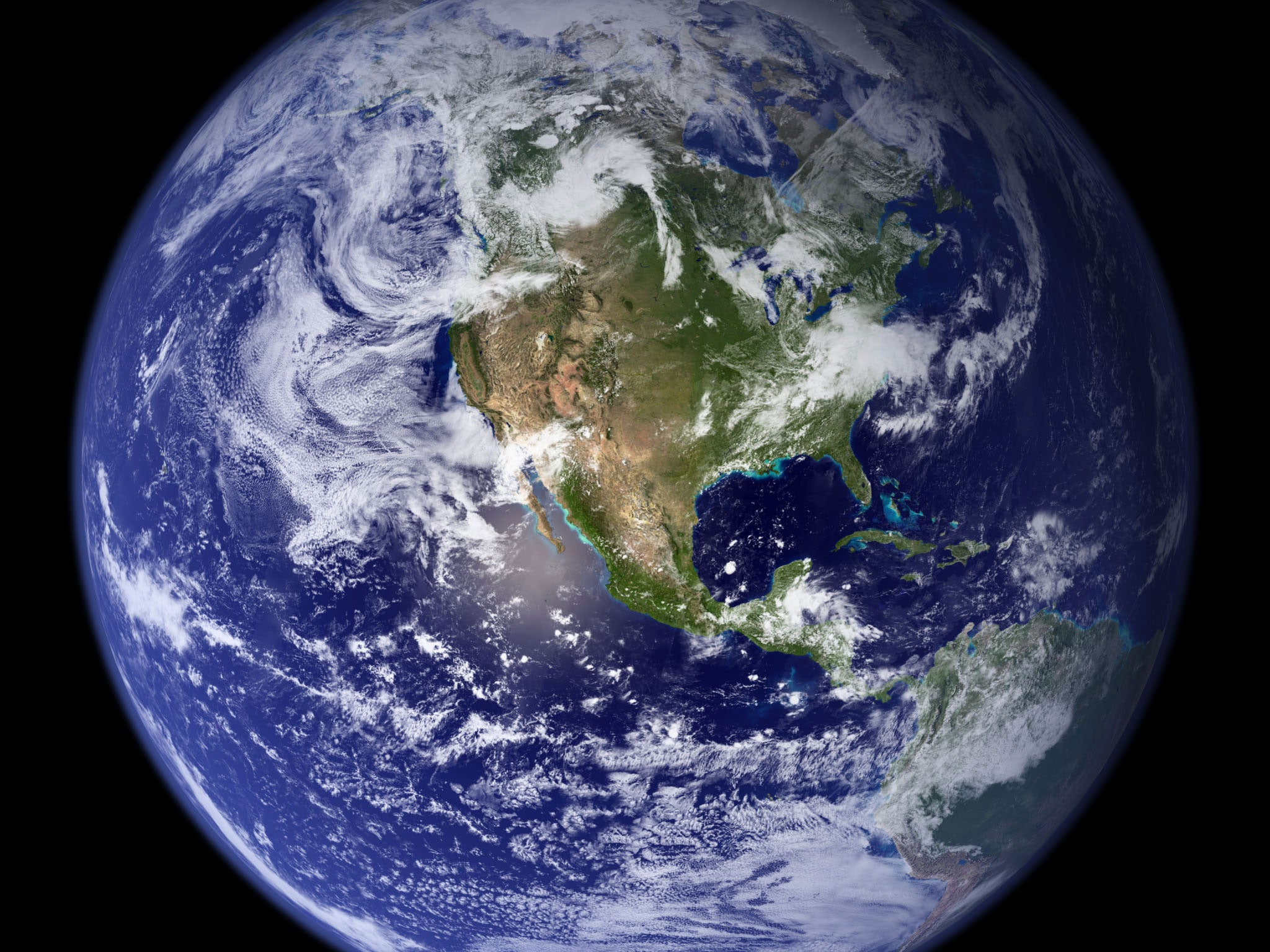Anthropocene: What is the next epoch and has Planet Earth entered it?
Nuclear bombs, plastic pollution, smoke from fossil fuels, extinction of species, rising seas, rising temperatures – the list of changes caused by humans is long

What is the Anthropocene?
It is a period of geological time that some scientists believe should be formally declared because of the extraordinary impact of humans on the Earth.
Why do they think that?
In the last century, humans have caused changes to the entire planet on a par with other natural ones that left a discernible mark in the stratification of rocks and which geologists used to demarcate the transition from one time to another.
What kind of changes?
Global warming by an average of one degree Celsius since about 1880, rising sea levels, the spread of species around the world, smoke from fossil fuel burning, plastic waste, radioactive particles from nuclear bomb explosions, and changes to the Earth’s chemistry, among others.
When did the Anthropocene start?
This is still being debated but experts believe sometime in the mid-20th century, partly because this is when a layer of radioactive particles from nuclear bombs was spread all over the world.
Where does the name come from?
Anthropocene combines the Greek word for human, anthropo-, with “cene”, from the ancient Greek kainos, meaning new. All of the epochs within Earth’s current era, the Cenozoic, which began 65 million years ago, have been given -cene endings.
Why are we talking about this?
Scientists in the Anthropocene Working Group have just recommended the adoption of the Anthropocene as a new epoch – replacing the 11,500-year-old Holocene – after voting by 34 to zero that it is real.
What happens now?
The researchers are expected to look for a symbolic “line in the rock” – or sediment, coral reef or tree rings – that marks the dividing line. The International Union of Geological Sciences will have to agree before the Anthropocene could be formally declared.
Is this a good thing?
On the one hand, geologists formally recognising humanity's extraordinary impact on the Earth because they can see it will be written in the future rocks of the planet might help persuade remaining doubters of the need to do something about climate change, pollution and other human-caused problems.
On the other, ethicist Professor Clive Hamilton has pointed out this is a concept that "should frighten us".
Join our commenting forum
Join thought-provoking conversations, follow other Independent readers and see their replies
Comments
Bookmark popover
Removed from bookmarks